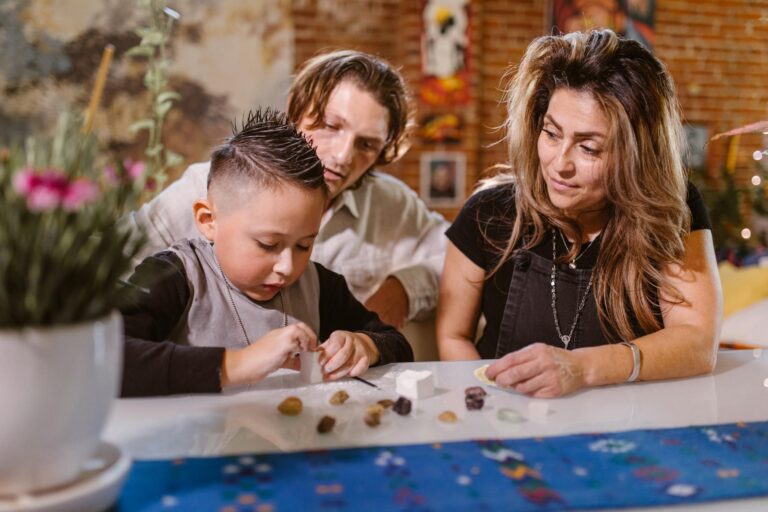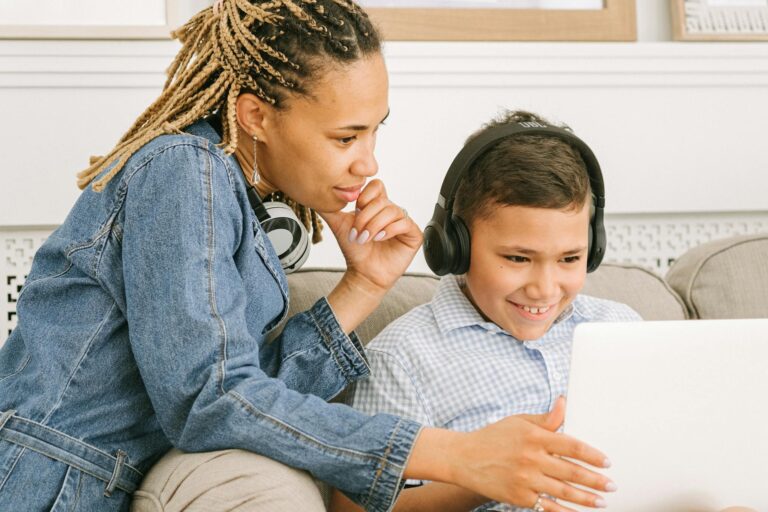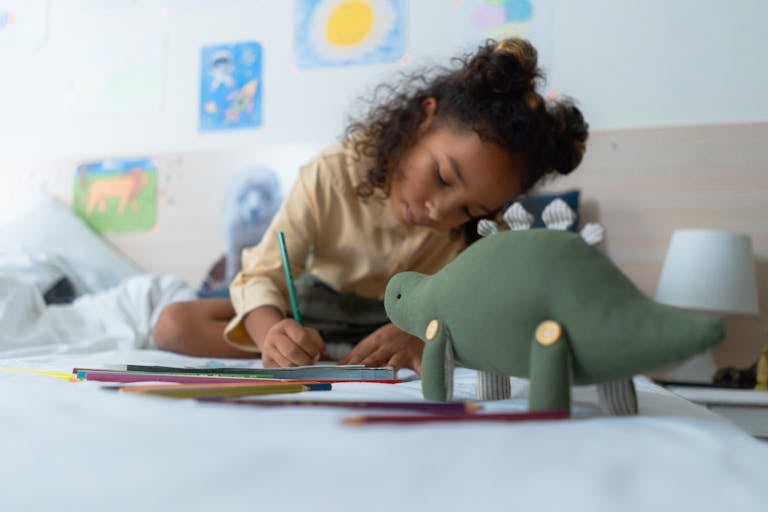“But What About Socialization?” Answering the #1 Question Homeschool Parents of Anxious Kids Hear
The Question That Haunts Every Homeschool Parent
How many times have you been hit with “But what about socialization?” when you mention homeschooling your neurodivergent child? If you’re like me, that question used to send me spiraling into doubt. Am I failing my kid? Will they ever make friends?
Here’s the truth: homeschool socialization for anxious kids doesn’t look like the schoolyard scene from Mean Girls—and that’s okay. My daughter, who has autism and severe social anxiety, once hid under a table during a library story time. But today? She’s building friendships on her terms. Let’s redefine what socialization means—and give you practical tools to quiet those critics (including your inner voice).

Redefining Socialization: Why “Typical” Doesn’t Work for Anxious Kids
Traditional socialization—think crowded classrooms or chaotic playgrounds—is often overwhelming for neurodivergent children. Meltdowns, shutdowns, or avoidance can be misinterpreted as “antisocial” behavior, but the reality is simpler: homeschool socialization for anxious kids requires a tailored, low-pressure approach.
Why Small Steps Matter More Than Big Crowds
For children with social anxiety or autism, interactions are best introduced gradually. Instead of forcing group settings, one-on-one playdates or structured online clubs can be prioritized. For example, my daughter’s first successful friendship was formed in a Minecraft group where she could chat via text—no eye contact required.
Pro Tip: Focus on quality over quantity. One understanding friend is worth ten stressful acquaintances.

Low-Pressure Social Activities That Actually Work
Homeschool socialization for anxious kids thrives in environments where they feel safe. Here’s how to create those opportunities without overwhelm:
1. Nature-Based Meetups: Socializing Without Walls
Parks, trails, or backyard scavenger hunts are great for kids who struggle with indoor noise and bright lights. Movement-based activities (like hiking or gardening) reduce pressure to “perform” socially.
Example: Our local homeschool group hosts monthly “Nature Nerds” hikes—no forced small talk, just exploring bugs and rocks together.
2. Online Communities: Connection Behind a Screen
Virtual clubs (coding, art, or book clubs) allow kids to engage at their own pace. Platforms like Outschool offer classes where cameras can be turned off, and participation is text-based.
Personal Story: My daughter joined an online Harry Potter fan club. Two years later, she’s still Zooming with her “Quidditch team” weekly.
3. Parallel Play: Together, But Separate
Kids with anxiety often feel safer playing near peers rather than with them. Lego-building sessions, art classes, or even baking days can be structured to allow side-by-side interaction without pressure.
Script to Try: “You don’t have to talk—just enjoy being around others. We’ll leave whenever you’re ready.”
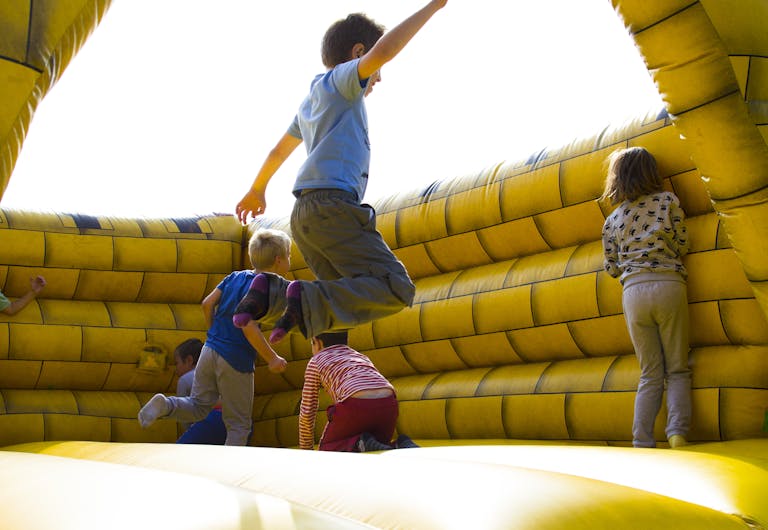
Navigating Social Setbacks (Without Guilt)
Even with the best plans, setbacks happen. A meltdown at a meetup or a rejected playdate invitation can feel crushing. Here’s how to reframe those moments:
When Plans Go Sideways
A rigid schedule can amplify stress for both of you. Instead, flexibility is embraced. If a park day feels too overwhelming, a backup plan (like video-calling a cousin or visiting a quiet café) is kept ready.
Mantra: “Progress, not perfection. We’ll try again next week.”
Handling Criticism from Family or Friends
Well-meaning relatives might push for “normal” social activities. Responses like, “We’re focusing on what works for us right now,” can be practiced to set gentle boundaries.
Free Printable: Grab my “Scripts for Deflecting Unsolicited Advice” PDF guide (it’s FREE!)
Celebrating Hidden Wins
Homeschool socialization for anxious kids isn’t about birthday parties or prom. It’s about tiny victories:
-Your child waving goodbye to a friend.
-Staying 10 minutes longer at a playdate than last time.
-Asking a question in an online chat.
Challenge: Share one “win” in the comments—no victory is too small!
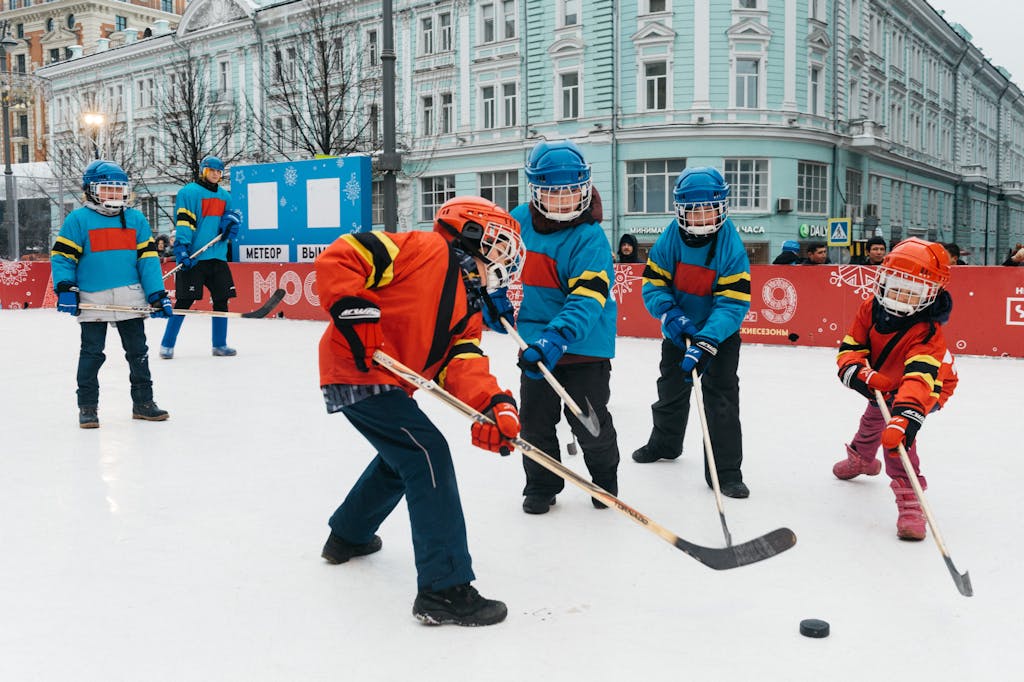
You’re Not Failing—You’re Adapting
Socialization isn’t a checkbox. It’s a journey shaped by your child’s needs, not society’s expectations. By prioritizing comfort, safety, and joy, you’re giving them the tools to connect in their own time—and that’s a win worth celebrating.
Your Turn: What’s one low-pressure social activity you’ll try this month? Let me know in the comment section below!


